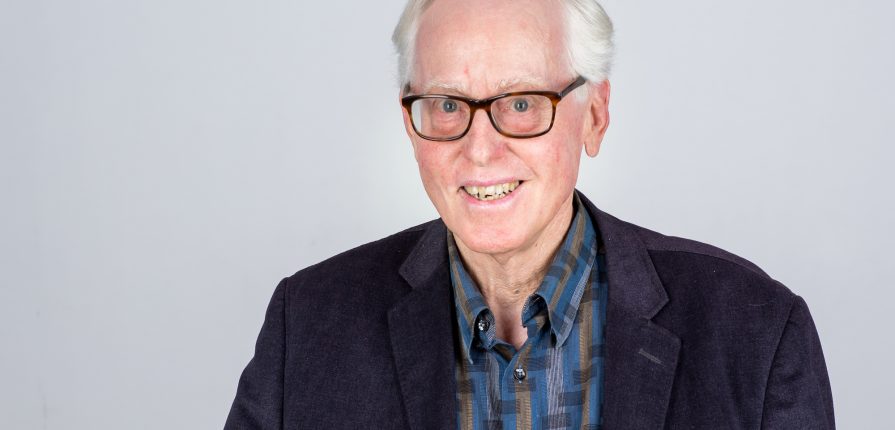As you struggle going through life, do you ever wonder whether you’re climbing the wrong mountain?
A famous French writer once said, “There are people whose clocks stop at a certain point in their lives”.
In the words of John Gardner in his commencement address at the occasion of Stanford University’s 100th anniversary, “If you are conscious of the danger of going to seed, you can resort to countervailing measures” To avoid having “your clock stop”, he advised his audience, “At any age, just be interested. Everyone wants to be interesting, but the vitalizing thing is to be interested. Keep your curiosity, your sense of wonder. Discover new things. Care. Risk. Reach out,”
“We build meaning into our life by committing ourselves to things that really matter to us: loved ones, life’s work, religion, ethical order, our fellow man”. These commitments cause us to “re-interpret our values, re-ignite our passions and develop convictions. And, through our convictions, we define our identity”.
The process by which we create true identity is transformational, the “road less traveled”, as poet Robert Frost reminds us, the path that takes us from success to significance.
So, who do you want to be? To begin to understand and accept your true identity, answer the following questions:
1. What values are most important to you: respect, trust, effectiveness? (All build strong self-esteem)
2. What really interests you, captures your attention, stokes your passion?
2. Whom do you admire, and why? (Any role models?)
3. What skills and talents do you possess? What do you lack?
4. What will you have to change about your life to be whom you want to be: your goals, attitude, self-image, self- confidence, a better understanding of your “realm of the possible”?
Realize that time is your scarce resource; so don’t waste it. If possible, avoid – or hire others to do – jobs you don’t want to do or can’t do well. Search out a “mentor”, a person who can motivate you, educate you and advocate on your behalf. (e.g., someone to act as a trusted sounding board.)
Create a personal “philosophy”: identify what you have to do so that you can become who you want to be, fulfilled and capable of self-love. Prioritize the steps needed to achieve the purpose and goals that you’ve identified. Focus your time and energy on the “process of achievement” (the “steps”, not merely the “endgame”).
Realize that success is often “subjective” while significance is “objective”. Determine how your life will be measured, objectively, as you progress along its path.
As Gardner so aptly summarizes, “The commitments that people make to values beyond the self are manifested in various ways—in their family and community life, in the way they treat any and all humans, in the goals and standards they set for themselves. There are men and women who make the world better just by being the kind of people they are. They have the gift of kindness or courage or loyalty or integrity. It really matters very little whether they are behind the wheel of a truck, or running a business, or bringing up a family. They teach the truth by living it.”




Recent Comments